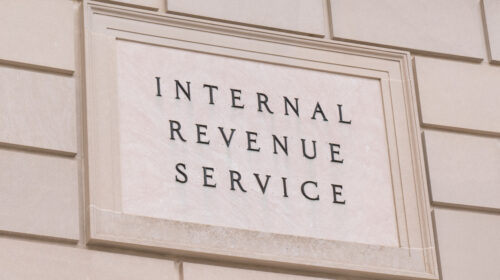IRS extends Tax Relief to the Victims of Hurricane Ian

The IRS has extended tax relief to the victims of Hurricane Ian throughout Florida until February 15, 2023, to file various individual and business tax returns and make tax payments.
Individuals and households affected by Hurricane Ian that reside or have a business anywhere in the state of Florida qualify for tax relief. The declaration permits the IRS to postpone certain tax-filing and tax-payment deadlines for taxpayers who reside or have a business in the disaster area. For instance, certain deadlines falling on or after September 23, 2022, and before February 15, 2023, are postponed through February 15, 2023.
This means individuals who had a valid extension to file their 2021 return due to run out on October 17, 2022, will now have until February 15, 2023, to file. The IRS noted, however, that because tax payments related to these 2021 returns were due on April 18, 2022, those payments are not eligible for this relief.
The February 15, 2023, deadline applies to the quarterly estimated tax payments, normally due on January 17, 2023 and to the quarterly payroll and excise tax returns normally due on October 31, 2022, and January 31, 2023. Businesses with an original or extended due date also have the additional time, including calendar-year corporations whose 2021 extensions run out on October 17, 2022.
Penalties on payroll and excise tax deposits due on or after September 23, 2022, and before October 11, 2022, will be abated as long as the tax deposits are made by October 11, 2022.
If an affected taxpayer receives a late filing or late payment penalty notice from the IRS that has an original or extended filing, payment or deposit due date that falls within the postponement period, the taxpayer should call the telephone number on the notice to have the IRS abate the penalty. For information on services currently available, visit the IRS operations and services page at IRS.gov/coronavirus.
The IRS automatically identifies taxpayers located in the covered disaster area and applies filing and payment relief. But affected taxpayers who reside or have a business located outside the covered disaster area should call the IRS disaster hotline at 866-562-5227 to request this tax relief.
Casualty Losses
Affected taxpayers in a federally declared disaster area have the option of claiming disaster-related casualty losses on their federal income tax return for either the year in which the event occurred, or the prior year.
Individuals may deduct personal property losses that are not covered by insurance or other reimbursements.
Affected taxpayers claiming the disaster loss on their return should put the Disaster Designation, “FL Hurricane Ian” in bold letters at the top of the form. Be sure to include the FEMA disaster declaration number, DR-4673-FL, on any return.
Other Relief
The IRS will waive the usual fees and requests for copies of previously filed tax returns for affected taxpayers.
Also, affected taxpayers who are contacted by the IRS on a collection or examination matter should explain how the disaster impacts them so that the IRS can provide appropriate consideration to their case.
Please contact your accounting professional if you have questions about tax relief.
Source: irs.gov